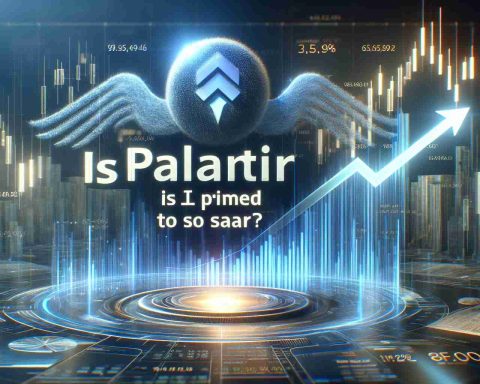Anticipating Next-Gen Realism with AI and VR. As the gaming community eagerly awaits official news of “Grand Theft Auto VI,” tech enthusiasts are abuzz over how revolutionary advancements might redefine the iconic franchise. The cutting-edge potential of artificial intelligence (AI) and virtual reality (VR) could offer a groundbreaking gameplay experience, setting a new benchmark for open-world games.
AI-Powered NPC Interactions. One of the most exciting prospects for “GTA 6” is the use of sophisticated AI to enhance non-playable characters (NPCs). Imagine an ecosystem where NPCs exhibit unique behaviors, learning from player actions and reacting dynamically to the unfolding narrative. This could lend an unprecedented level of immersion and unpredictability to the game, pushing the boundaries of what players expect from NPC interactions.
Virtual Reality: A Game Changer. Virtual reality technology could elevate the “GTA” experience to new heights, potentially offering players the option to navigate the sprawling urban landscapes from an entirely first-person perspective. Imagine stepping into the shoes of characters, feeling as though you’re physically present in the bustling streets and rain-soaked alleyways of the game’s setting.
Sustainable Gaming Meets Open Worlds. Another intriguing aspect expected to influence “GTA 6” is the integration of sustainable technologies. With growing concerns about energy consumption, developers might explore energy-efficient coding techniques and servers, ensuring that the virtual chaos comes with a reduced carbon footprint.
A New Era for GTA. While Rockstar Games remains tight-lipped about specifics, the merging of AI and VR technology with sustainable practices heralds a thrilling new era for the franchise. Players can look forward to an even more immersive experience that feels both innovative and responsibly developed, marking a significant leap forward in the world of gaming realism.
Revolutionizing Gameplay: The Unseen Impact of AI and VR Beyond GTA
The anticipated technological integration in games like “GTA VI” is sparking discussions about how AI and VR could influence not just gaming, but broader societal interactions. What might these advancements mean for non-gaming sectors?
AI and VR: Beyond Entertainment. The incorporation of AI and VR in gaming could pave the way for revolutionary changes in industries such as education, healthcare, and urban planning. Imagine using AI-driven virtual environments in classrooms, where students interact with historical figures or explore distant planets. Similarly, VR simulations supported by AI could revolutionize training for surgeons, allowing them to practice intricate procedures in a risk-free, controlled environment.
Controversies and Considerations. With progress comes debate, stirring questions about ethical use and privacy. How will data collected by AI in virtual worlds be used? Could it infringe on personal privacy if mishandled? Additionally, the psychological impact of hyper-realistic VR experiences is yet to be fully understood, raising concerns about potential addiction or desensitization to violence, especially in younger audiences.
Pros and Cons of AI and VR Integration. On the positive side, AI and VR have the potential to enhance realism, improve user engagement, and provide dynamic, personalized experiences. However, they also pose challenges such as increased development costs and high hardware demands, potentially widening the gap between affluent and underprivileged gamers.
As the gaming realm stands on the brink of a technological revolution, the ripple effects promise exciting, albeit complex, changes across industries. As more companies explore these technologies, society at large may need to reassess traditional boundaries and ethics in the digital age.
For more on AI and technology advancements, visit MIT Technology Review and for VR innovations, check out Road to VR.


















